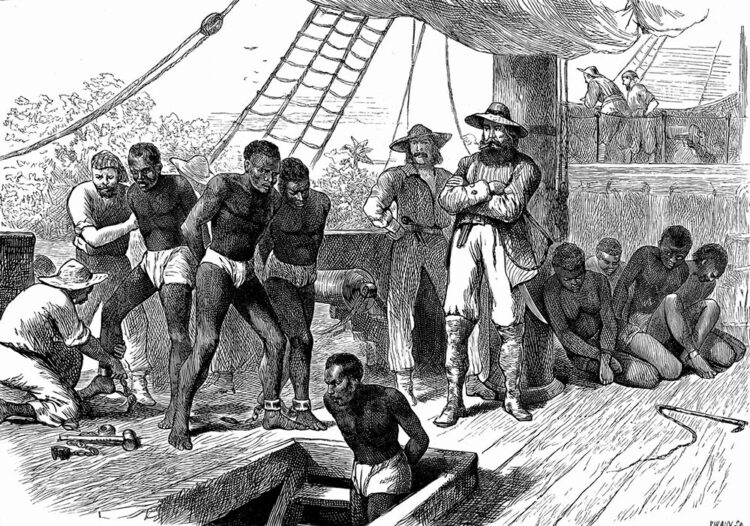By Ashique M. (Tirana)
Abstract:
Anarchism has often been critiqued for its Eurocentric tendencies, including privileging Enlightenment rationalism, materialist atheism, and reducing struggles solely to their class dimensions. Critics have highlighted how these limitations often lead to the transposition of Western conceptions of state, sovereignty, and law onto Indigenous cultures, thereby marginalizing alternative ways of being and knowing (Ciccariello-Maher 2011; Ramnath 2012; Barker and Pickerill 2012). Calls to decolonize anarchism have emerged as a response to these critiques, proposing a reimagined anarchist praxis that embraces pluralistic, non-Eurocentric frameworks (Dunlap, 2021). Decolonial anarchism offers a transformative lens to address the limitations of traditional anarchist thought while amplifying the voices and struggles of marginalized communities worldwide.
This presentation will seek to open a dialogue between decolonial and anarchist theories, exploring how these intersect and reinforce one another. Topics like Capital, State, War, Militarism, Gender Oppression, Borders, Migration, and the Climate Crisis – central to BAB 2025 – are prime areas where these theories overlap. By drawing on complementary elements of decolonial and anarchist thought, this session will:
- To challenge and address Eurocentric assumptions within anarchist theory and practice.
- Highlight the potential of decolonial thinking to expand anarchist frameworks in meaningful and transformative ways.
- To articulate how decolonial and anarchist perspectives can mutually inform and strengthen one another.
- Invite participants to think critically about how anarchism can evolve by engaging deeply with decolonial perspectives, fostering further connections with Indigenous, anti-colonial, and Global South struggles.
- Explore the practical implications of anarchist-decolonial solidarity in addressing contemporary crises.

